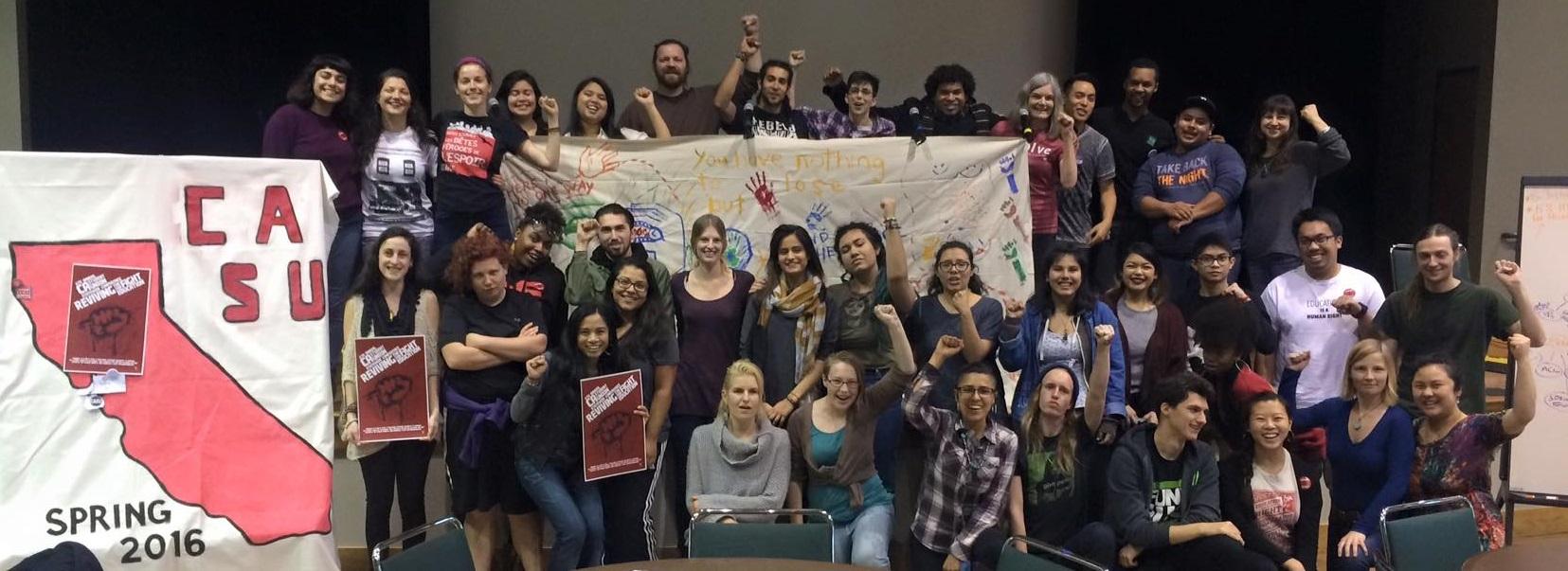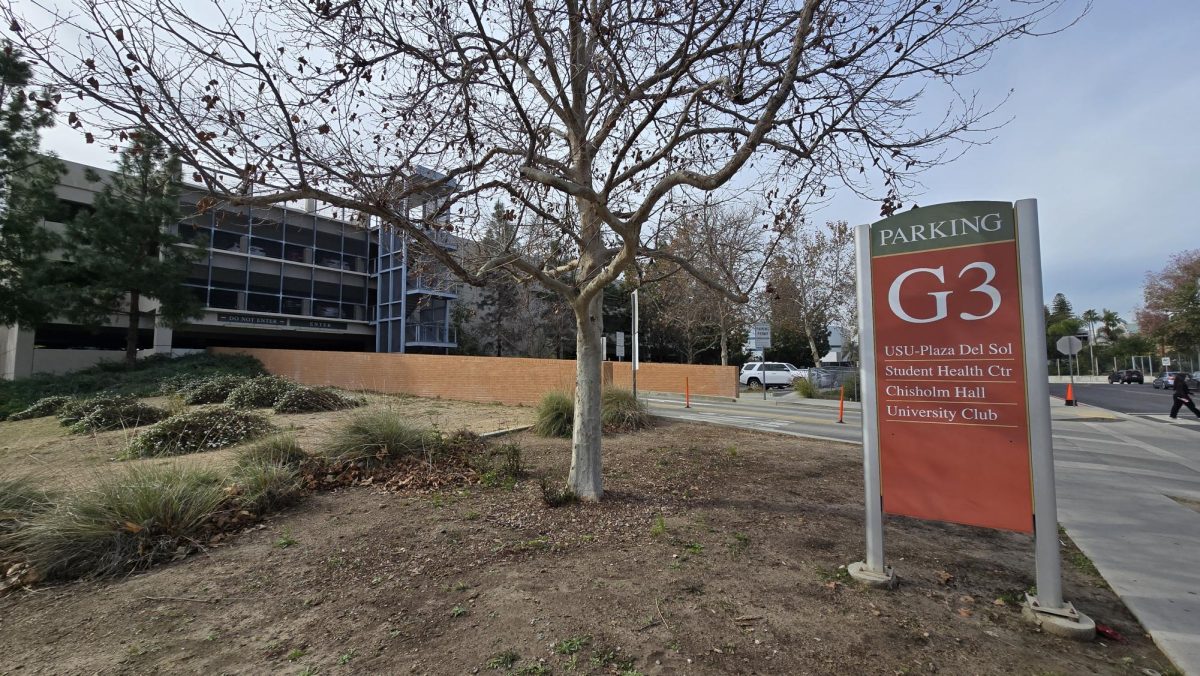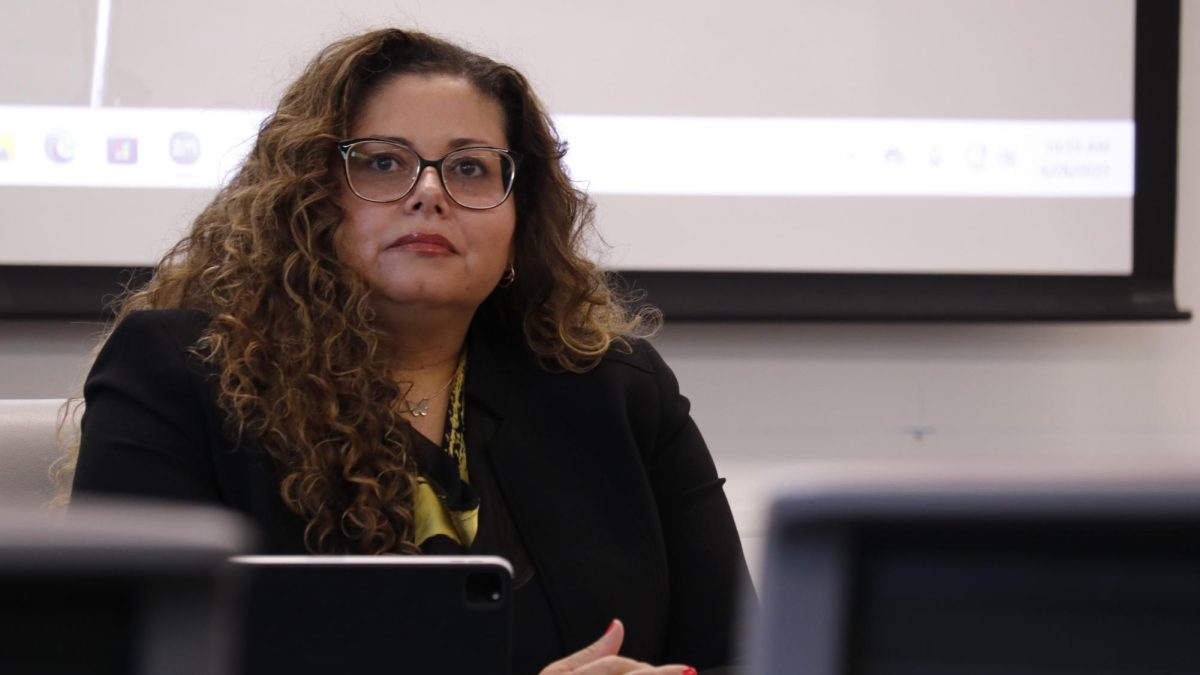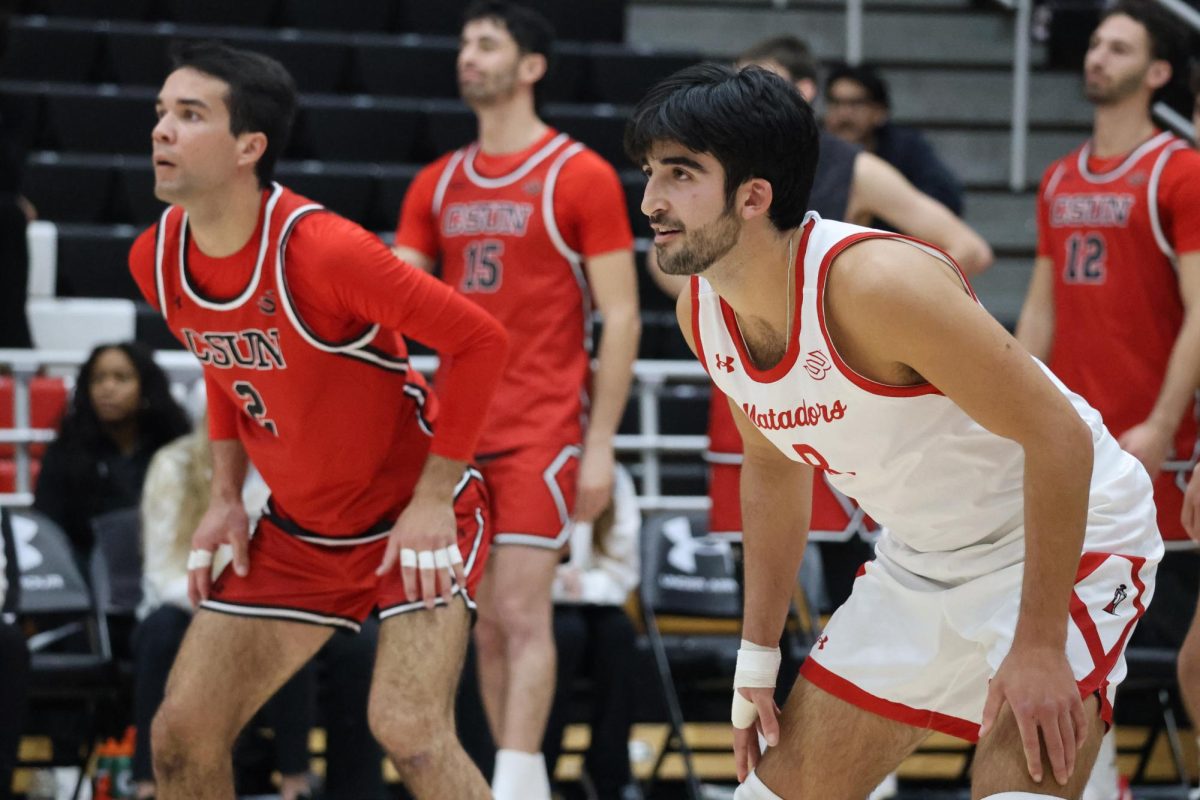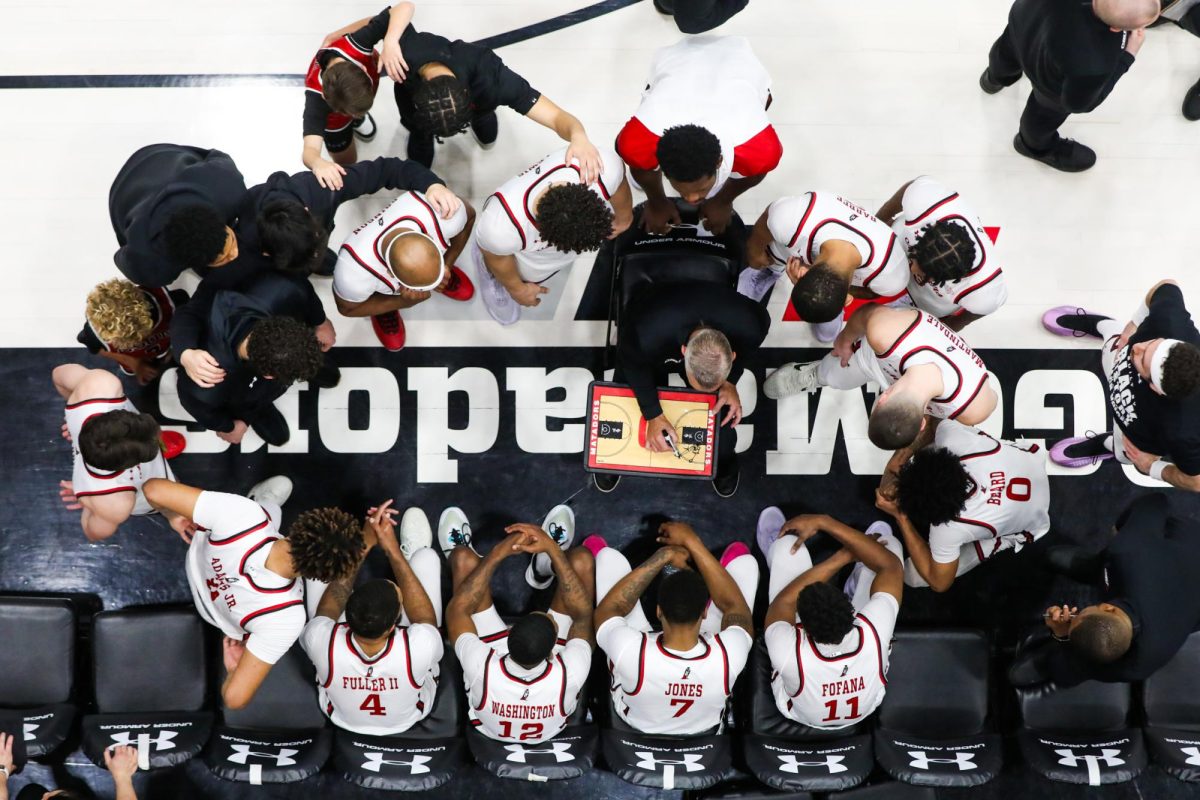Students from both the California State University and University of California systems have banded together to fight against growing tuition rates and to advocate for free education.
A variety of student unions were formed among the systems to help unify students and academic student employees to work toward larger causes as a whole.
United Autoworkers (UAW) 4123 is a union for California State University academic student employees who have been fighting for higher wages and better benefits for workers throughout the CSU system.
According to the UAW 4123 website, the union represents tutors across all the CSU campuses and has been fighting along with winning more fair contracts. They have also won pay raises, better work environments, and job security throughout the years.
A similar union, UAW 2865, was formed for UC students. Femi Taiwo, who is working toward his Ph.D. in philosophy at UCLA, is an organizer for UAW 2865 and feels all students should be united.
“We think there should be solidarity and support across the entire California system of higher education,” said Taiwo. “Not just the UC’s but the Cal States and community colleges as well.”
The creation of student unions throughout the state has allowed students from separate campuses to meet and discuss issues that directly affect their own campus and California as a whole.
The California Student Union was formed as a network of undergraduates and graduate students throughout the state to do just that. They hold conferences for students to gather and discuss and help organize statewide actions and campaigns.
The CASU’s website states that students are a heterogeneous population. Their identities, concerns, and beliefs vary by campus. But as students, they have common interests that would best be addressed as a whole.
Jen McClellan, a CSUN senior studying English, is a member of the California Student Union. The group is currently organizing a protest at the CSU Board of Trustees meeting that will be held on Nov. 15 and 16 in Long Beach, where a tuition raise will be proposed.
“We’re going to come up with a plan of escalation starting with the Board of Trustees meeting going through spring of next year,” McClellan said. “The main goal is we’re demanding education be free, we’re looking to wipe out student debt, and to decolonize and democratize education.”
According to McClellan, the CASU is hoping to have about 50 students come out to the Board of Trustees meeting, and they’re working through the logistics of getting everyone there while planning their arguments.
“We’re going to talk about making sure our demands are really unified,” McClellan said. “And that’s really important. If we have different people with different little gripes and they’re presenting that to the Board and the public, it’s just going to be confusing and look like we’re disorganized.”
According to the written proposal of the tuition hike, the increase would raise the annual tuition price from $5,472 per student to $5,742 and would become effective fall 2017 if approved.
